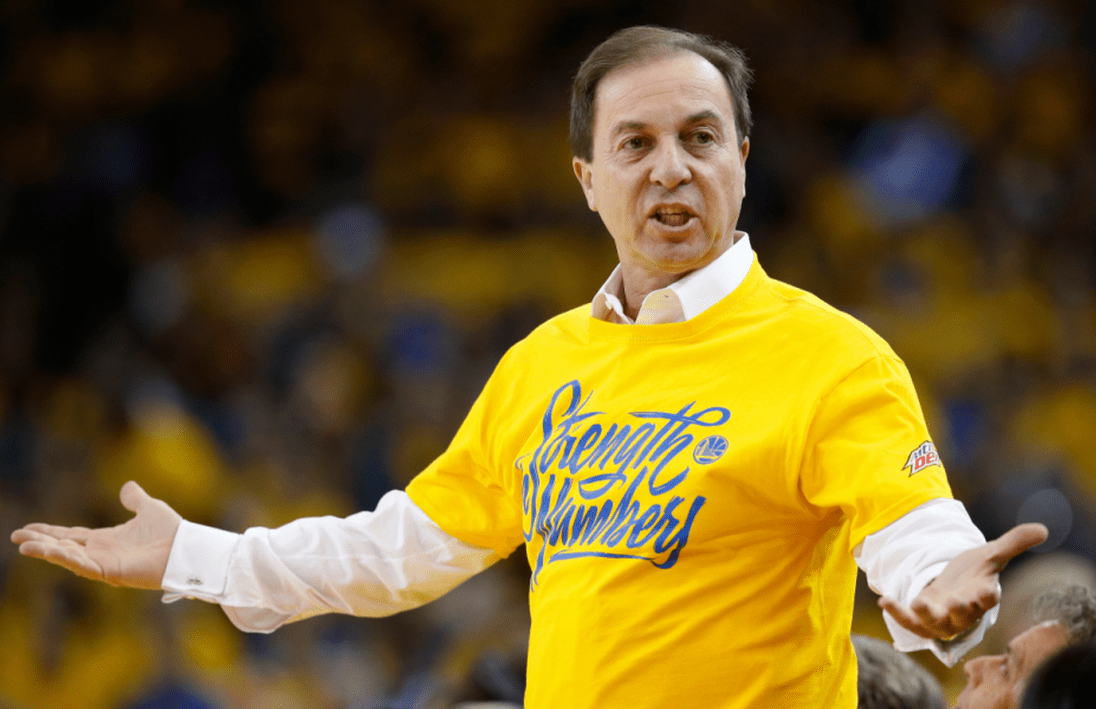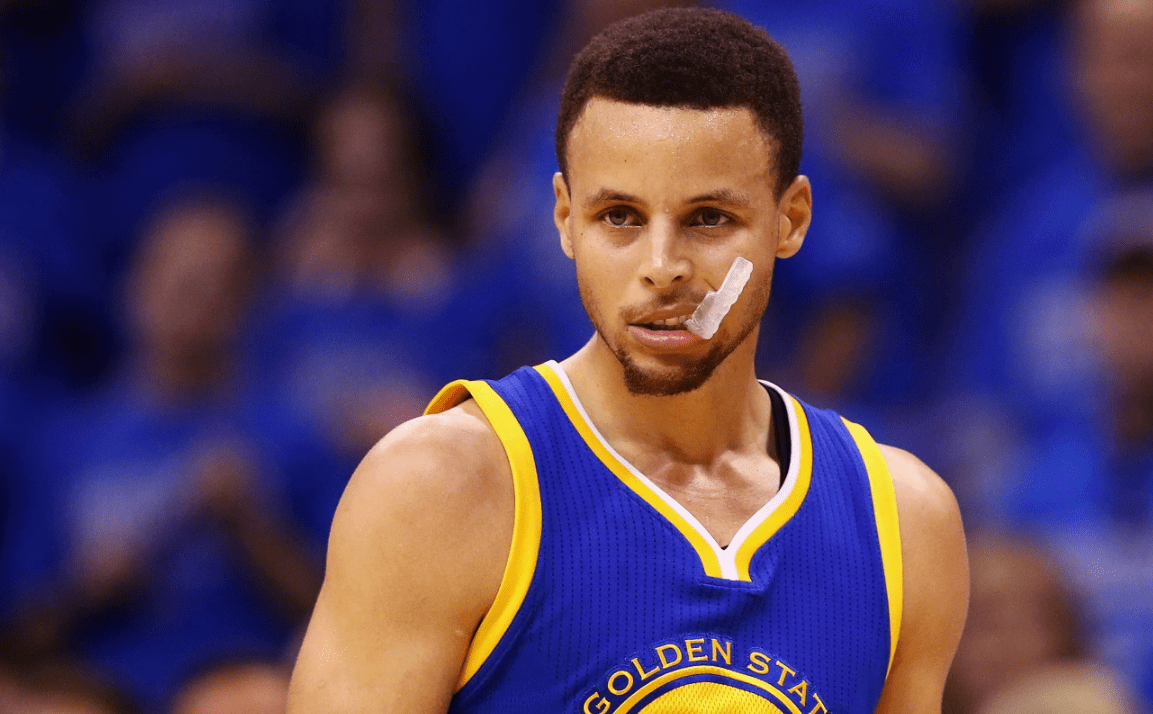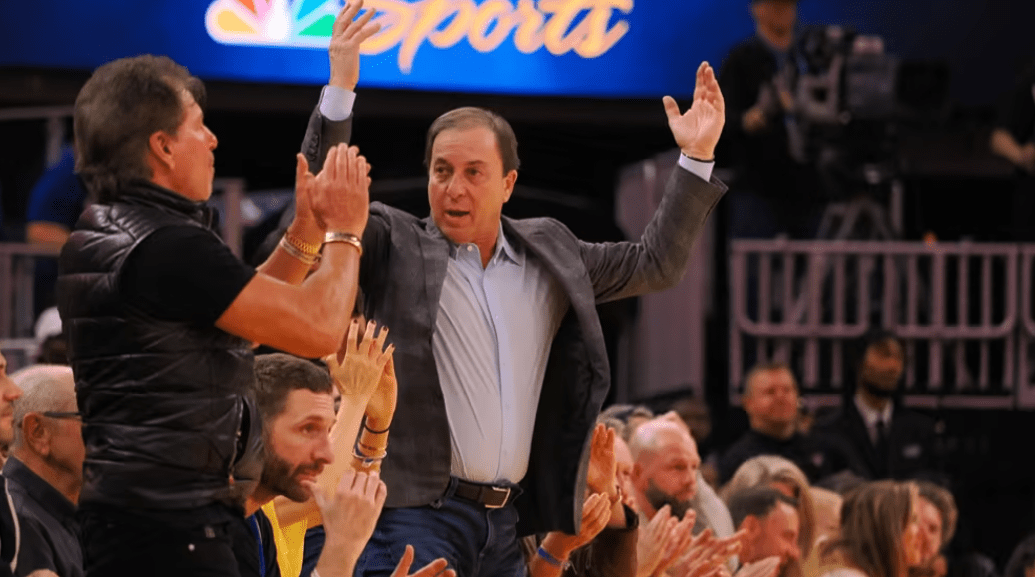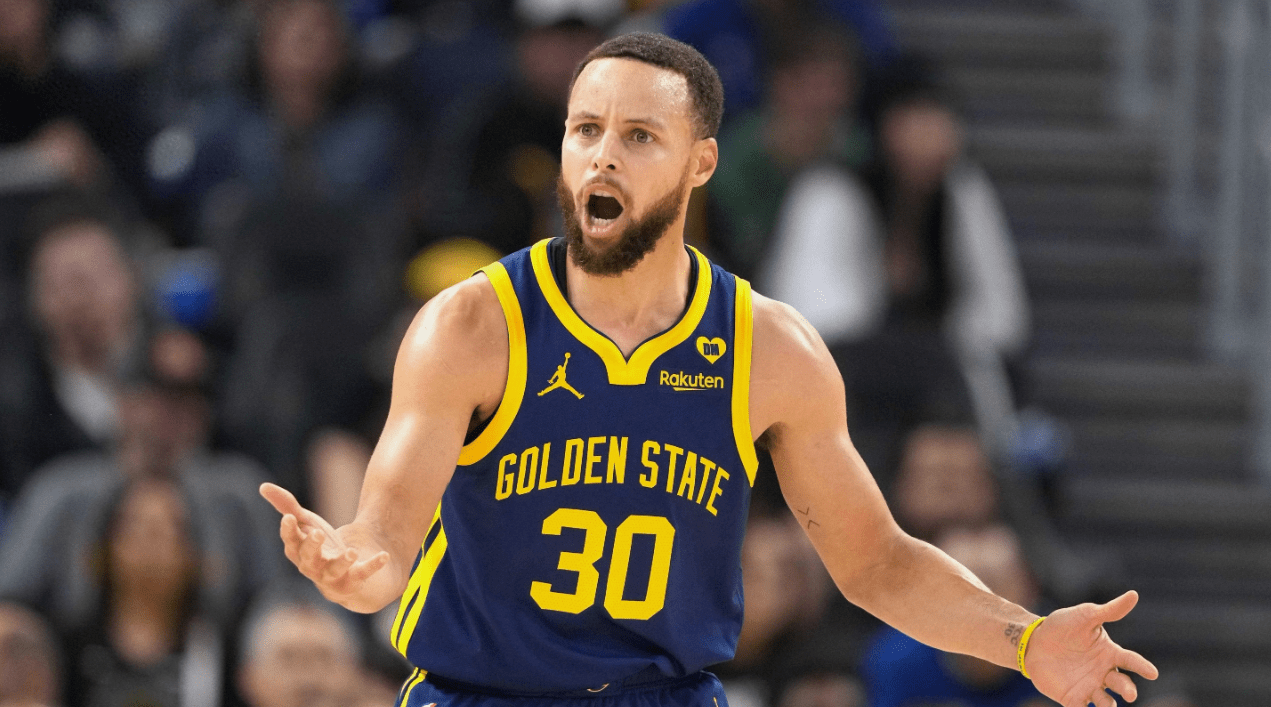"Without our strategic planning, there would be no Warriors dynasty today." When Warriors owner Joe Lacob made this statement in an interview, many felt he was boasting about the management's decision-making capabilities. However, core player Stephen Curry did not buy into it. As a superstar who gives his all on the court, his efforts were clearly underestimated. This remark not only hurt Curry but also caused many fans to speak up for him: It was he who led the team to victory, so why was the credit casually attributed to the management?

Lacob's inappropriate comment not only sparked controversy outside but also brought internal issues of the Warriors to light. Curry's dissatisfaction with the management was not a sudden occurrence but had been brewing for a long time. From Kevin Durant's joining in 2017 to the "failure" of the second overall pick in 2020, and now facing the dual pressure of nurturing young players while maintaining performance, Curry has repeatedly compromised yet also repeatedly taken the blame. The question is, how long can this four-time champion "dynasty team" last?

Lacob's high-profile remarks are just the tip of the iceberg. The rift between the Warriors' management and Curry dates back to when Durant joined in 2017. At that time, the Warriors had already won the championship in 2015, and although they suffered a regrettable loss in 2016, their 73-win regular season record had proven the strength of their system. Curry even won the first-ever unanimous MVP that year, making the Warriors the brightest core in the league. However, Lacob insisted on recruiting Durant, believing the team needed a stronger star lineup to secure future championships.

This decision was successful in terms of results; after Durant joined, the Warriors won consecutive championships for two years, establishing their dynastic status. But from the process, Curry had to sacrifice his playing style and core position for the team. His role on the court was weakened, gradually becoming part of the system rather than the sole soul. This concession, on the surface, was for the team's overall interest, but in reality, it diminished Curry's say. Over time, the distance between him and the management grew wider.

Similar contradictions arose in 2020. When the Warriors held the second overall pick in the draft, the general consensus was that they should choose LaMelo Ball or other talented guards with immediate combat capability. However, the management selected James Wiseman, a tall and lanky big man whose talent had not yet fully materialized. Curry had previously expressed dissatisfaction with the team's draft direction, and later facts proved that Wiseman's growth fell far short of expectations. This not only wasted a precious draft opportunity for the Warriors but also increased Curry's doubts about the management's decisions.

The problems with the Warriors' management are not limited to recruitment and drafting. In the process of team operations, they seem to always be calculating, yet overlook the feelings of the most critical players. After Klay Thompson suffered a serious injury in 2019, the Warriors hesitated to offer a renewal contract. At that time, the management's stance was: Klay's injury had uncertainties, and a maximum salary renewal could become a long-term burden for the team. However, Curry stood firm in supporting Klay, publicly stating, "Without Klay, there would be no Warriors today."

Ultimately, Klay received a maximum salary renewal, but the entire process made people wonder if the contract would have been smoothly concluded without Curry's insistence. Lacob's so-called "dynastic operational ability" is often filled by the players themselves. From Durant's arrival to Wiseman's failure and Klay's renewal, Curry sacrificed personal interests while trying to make up for the management's decision-making flaws.

But the issue is that Curry is not invincible. His sacrifices have a limit, and his patience has an end.

The current Warriors face greater challenges. Lacob once again presented two requests to Curry: one is to help the team nurture young players like Pojekski and Kuminga, and the other is to maintain stable performance within the top six in the West to pave the way for future trades involving star players. These two goals sound reasonable, but they are inherently contradictory.
The Warriors' core lineup is gradually aging, with Curry, Klay, and Draymond Green past their prime, yet the management hopes to achieve both short-term championship contention and long-term rebuilding. Young players' growth requires time, while Curry's championship window is getting shorter. This "having both fish and bear paws" strategy may lead to the team falling short on both ends.
Similar problems are not unprecedented. The Celtics once hesitated between nurturing new players and retaining the core lineup, leading to inconsistent performance. The Nets' conflict between cultivating Ben Simmons and advancing to the playoffs plunged the team into chaos. The current Warriors are also treading down this dangerous path.
The Warriors' management seems to have forgotten one thing: Curry is not only the soul of the team but also their biggest trump card. Since entering the league, Curry has changed the way basketball is played with his three-point shooting and brought tremendous commercial value to the Warriors. However, Lacob's demands are gradually turning him into a "scapegoat."
If young players fail to fulfill their potential, it's because Curry didn't lead them well; if the performance is unsatisfactory, it's because Curry is too old to play. This strategy of wanting the horse to run without feeding it grass really allows the Warriors to maintain competitiveness?
The current contradiction of the Warriors boils down to the management lacking a clear direction. They are unwilling to give up Curry's championship window while also not wanting to miss the opportunity to cultivate young players. But historical experience tells us that this two-pronged approach often backfires.
If the Warriors want to continue contending for championships, they must build a truly competitive lineup for Curry; if they want to rebuild, they should gradually phase out core players other than Curry to provide more space for young players to grow.
Forcing a melon to ripen doesn't make it sweet. Curry has poured his heart and soul into this team, but his patience is not limitless. If the management continues to ignore the voices of core players, the Warriors' glory may fade away like a meteor.